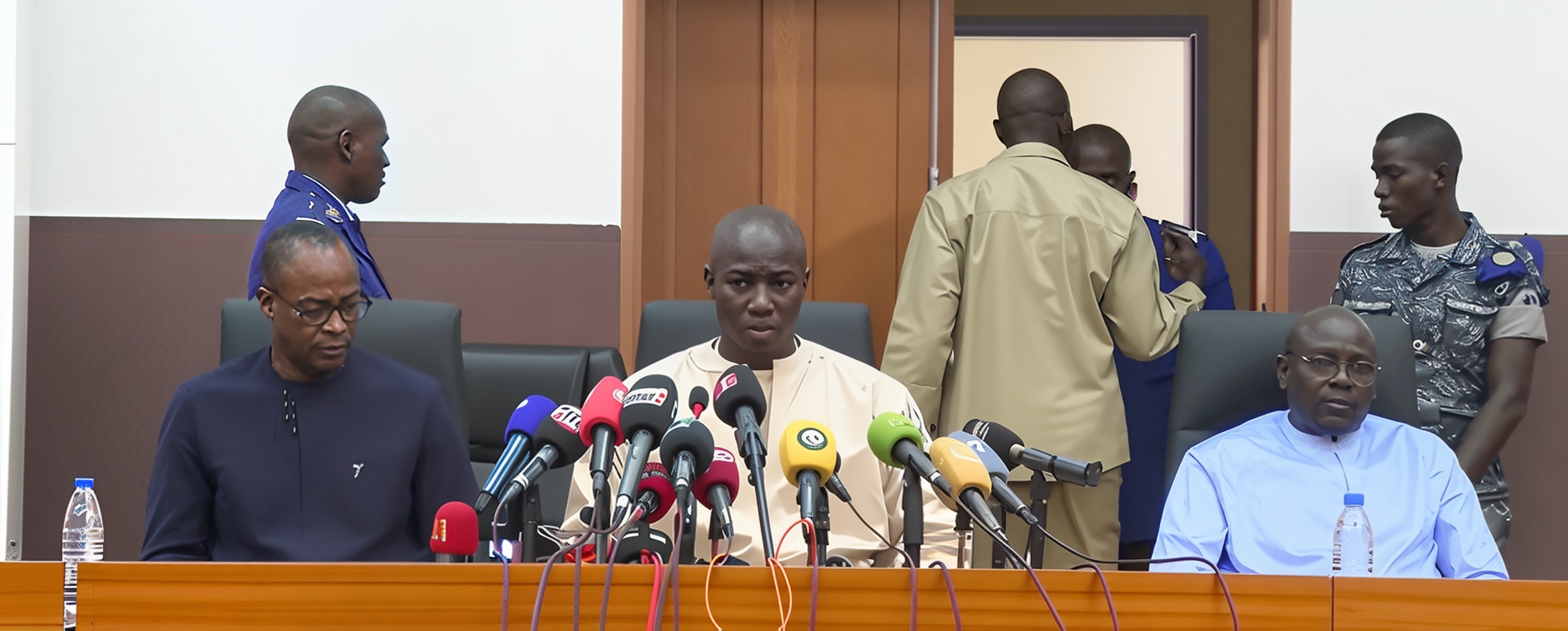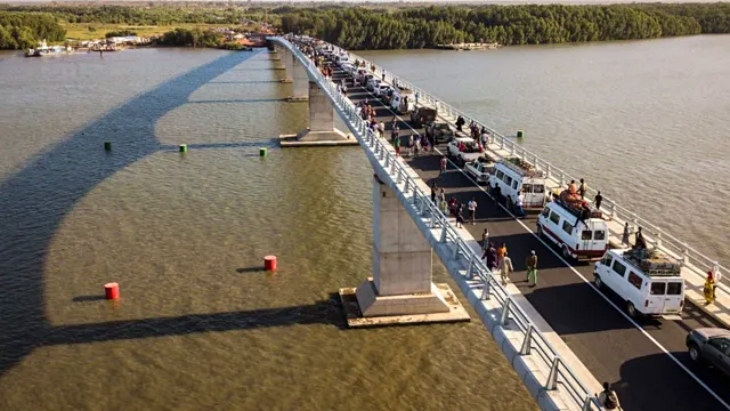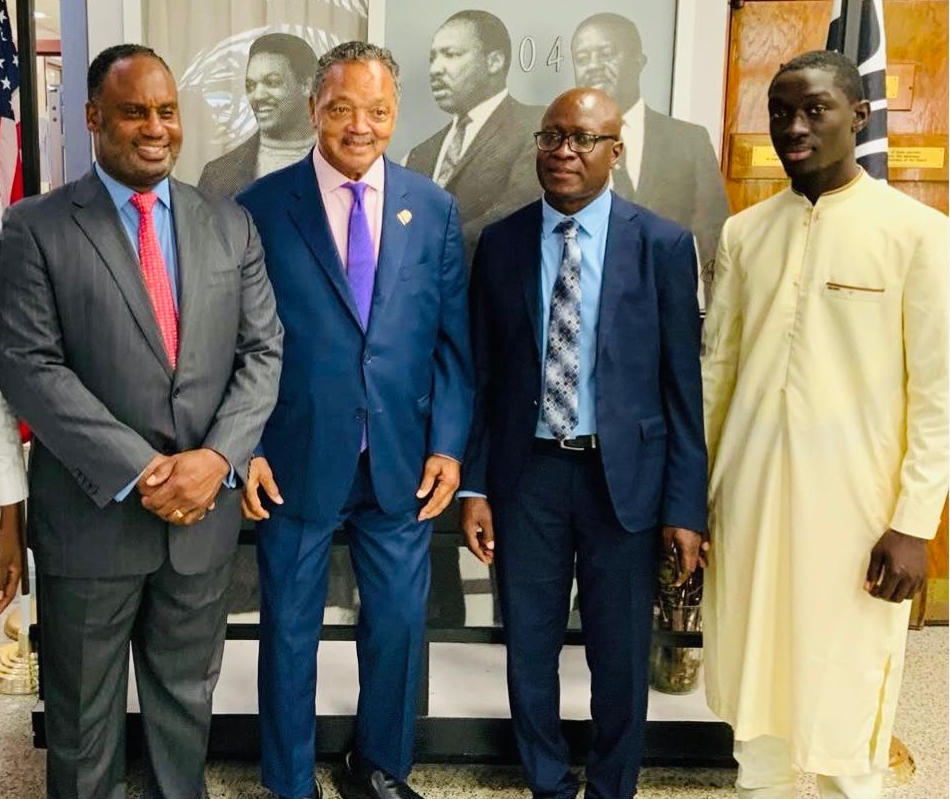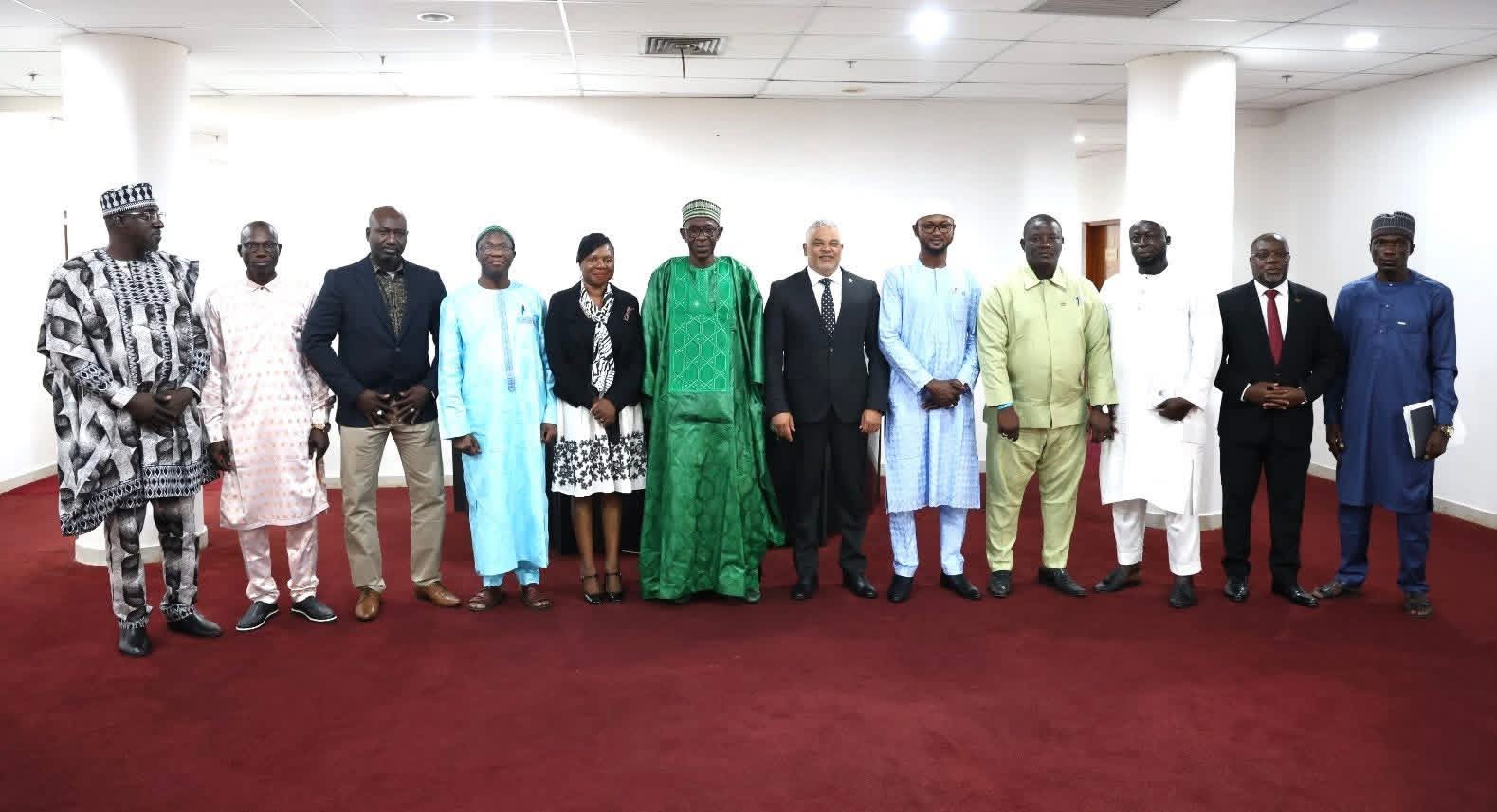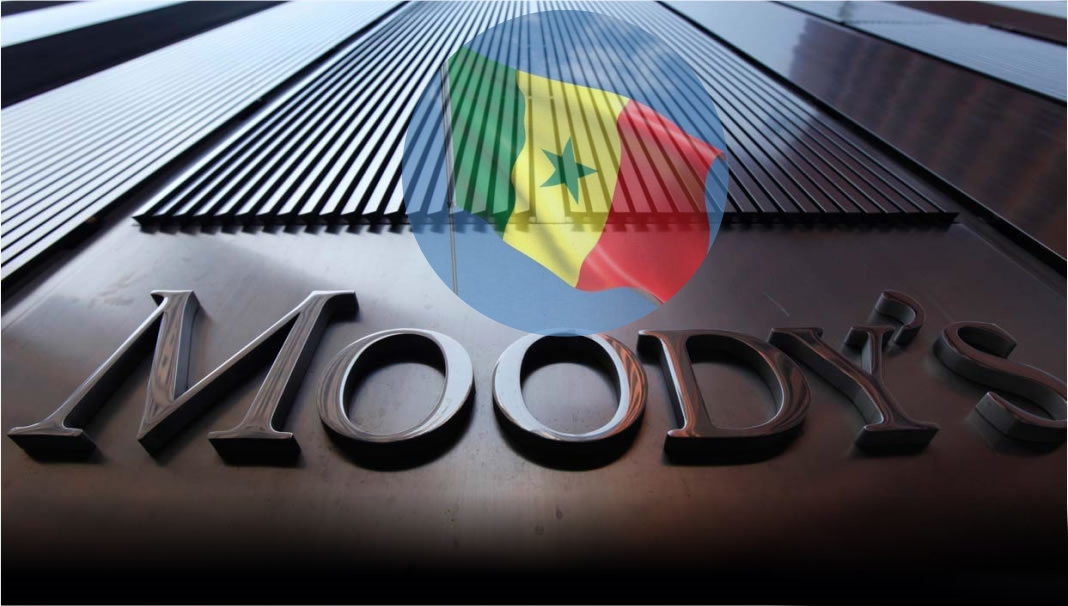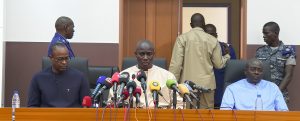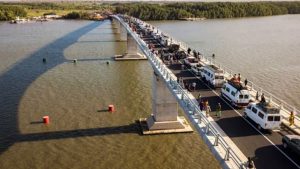Gambiaj.com – (DAKAR, Senegal) – Moody’s Investors Service has downgraded Senegal’s long-term credit rating from Ba3 to B1, highlighting concerns over the country’s deteriorating tax and debt position. The downgrade, announced on Friday, underscores a significantly weaker fiscal outlook than initially expected, following a turbulent period of economic mismanagement under the previous administration. Senegal is now grappling with a growing budget deficit and mounting debt obligations, which have triggered ongoing talks with the International Monetary Fund (IMF) for corrective measures.
According to Moody’s report, Senegal’s 2023 budget deficit has spiraled to over 10% of GDP, a stark contrast to the 5% reported by the previous government. This discrepancy came to light after an audit ordered by newly elected President Bassirou Diomaye Faye, whose administration uncovered deeper fiscal challenges than initially anticipated. In light of these findings, the Faye government decided not to submit an IMF disbursement request in July, following a June review of the fund.
“We expect fiscal consolidation to be a protracted process, despite the strong improvement in economic growth expected in 2025,” Moody’s noted, warning that the road to restoring fiscal stability would be long and challenging. The agency has also placed Senegal’s long-term credit rating “under review” for a possible further downgrade, which could further complicate access to international financing.
In response to the downgrade, Senegal’s Ministry of Finance issued a statement reaffirming the government’s commitment to implement “ambitious reforms” aimed at reducing the deficit starting in 2025. These reforms are being aligned with the country’s commitments within the West African Economic and Monetary Union (UEMOA) and the Economic Community of West African States (ECOWAS), reflecting a broader regional effort to maintain fiscal discipline.
The Ministry emphasized that key financial reforms are already underway, focusing on reducing the country’s debt ratio, improving public financial management, and strengthening oversight mechanisms. The government is working closely with international financial institutions, including the IMF, World Bank, Central Bank of West African States (BCEAO), African Development Bank (AfDB), and the West African Development Bank (BOAD), to align its economic policies with global standards and stabilize the country’s finances.
Among the key reforms being introduced is the adoption of integrated financial systems designed to bolster debt management and transparency in budgetary processes. Additionally, efforts are being made to enhance institutional coordination and control mechanisms to ensure efficient public spending. The Ministry also noted that the government remains open to constructive dialogue with its international partners to secure Senegal’s long-term economic future.
President Faye’s administration is now under significant pressure to balance the need for economic recovery with the demands of fiscal consolidation. With expectations of robust economic growth by 2025, largely driven by Senegal’s oil and gas sector, the government is hoping to leverage this momentum to restore fiscal health. However, the next few years are likely to be critical as the country navigates the complexities of managing its debt while ensuring sustainable development.
As the country faces rising global economic uncertainties, the downgrade could impact Senegal’s ability to attract foreign investment, further complicating the government’s efforts to steer the economy back on track. Nevertheless, the Ministry of Finance remains optimistic that the measures being taken will yield results in the medium term and that the country’s economic trajectory will improve by the latter half of this decade.



